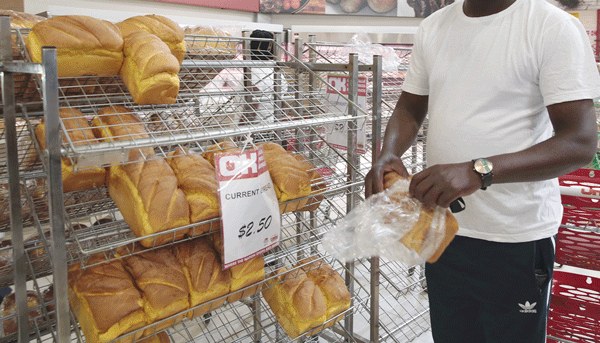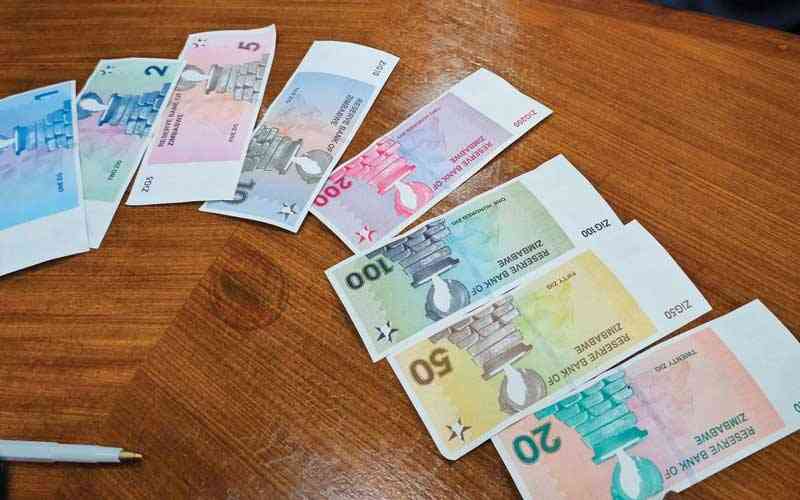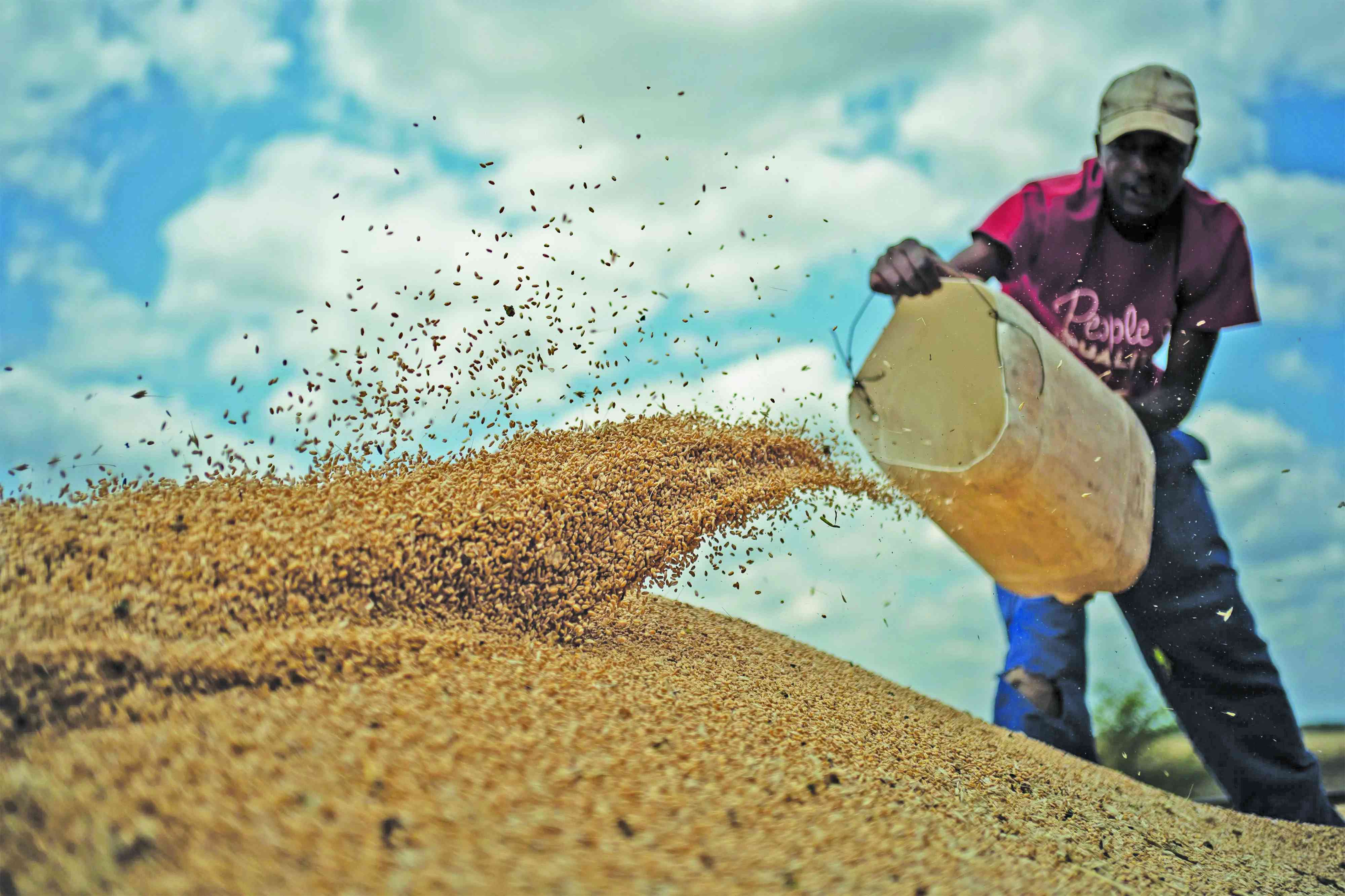
THE looming increase in bread price will pile pressure on the country’s citizens already battling a wildly inflationary environment aided by poor monetary policies by Treasury.
To say that the poor economic environment has eroded all the value on wages and earnings salaries is an understatement given that the exchange rate on the parallel market has now hit $190 to US$1.
According to the National Bakers Association of Zimbabwe president Dennis Walla, the price of bread is set to increase following a hike in the cost of imported wheat.
This should be a wake-up call for government, because the price of bread is a simple measure of the exchange rate of the local currency to the US dollar.
In South Africa, for example, the price of bread is around R15, more or less equivalent to US$1.
Locally, the price of bread is already at $150 before the expected increase, which would push it to between $$180 and $200, more or less equivalent to the greenback on the black market.
In the end, consumers are the ones that suffer as they are at the end of the value chain.
Currency instability is at the heart of the problems the country is facing, which also speaks to the lack of confidence by citizens and business in the country’s political leadership.
- Chamisa under fire over US$120K donation
- Mavhunga puts DeMbare into Chibuku quarterfinals
- Pension funds bet on Cabora Bassa oilfields
- Councils defy govt fire tender directive
Keep Reading
Government must address the currency dichotomy to stabilise prices and wages. So far, it has started repeating mistakes of yesteryear, proving — again — that our rulers have little regard of history, especially of their own failures.
Finance minister Mthuli Ncube last Thursday announced that government will order impromptu audits and suspend licences for businesses pricing using black market forex rates.
In recent weeks, we have observed the arrest of scores of people accused of illegally trading in foreign currency, prosecution of companies and the forgettable name and shame episode. The Reserve Bank, on its auction market, still sells forex at $88 to the greenback.
The net result is that the local currency has tanked, weakening to levels around $190 on the black market currently after having stabilised around $130 for a while.
Along with the increase in the price of bread, the cost of other basic items has shot up as well and wages are failing to keep up.
Throughout history, the price of bread has a harbinger for political turmoil and change, the most famous of which was the French Revolution.
The French obviously had many grievances against their monarchy, but the flashpoint was the price of bread.
In Russia, the fall of the last Czar, Nicholas the Second was preceded by riots and strikes over food shortages.
History tells us that the price of bread matters, government can ignore it at its own peril.











